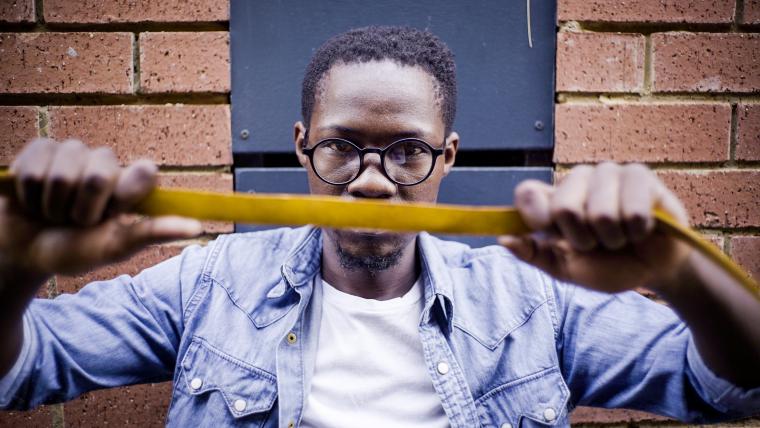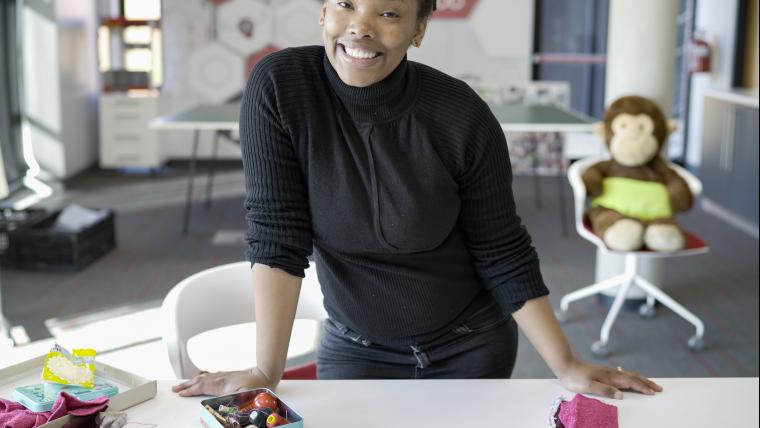
Meet the ghost divers on the hunt for one of the ocean’s greatest killers
Most divers head underwater to witness the diverse beauty of marine life. Not ghost divers. Led by Dutch conservationist Pascal van Erp, they go in search of lost and abandoned fishing equipment that haunt the ocean, entangling and killing up to 650 000 animals every year. Van Erp began his diving journey in 2005 before qualifying as a technical diver. While exploring the North Sea, he witnessed the impact of marine debris. “Old fishing gear is among the greatest killers in our ocean,” Van Erp says. By ridding the seas of waste, he’s reducing the amount of marine life who become trapped in what is referred to as the ‘circle of death’.
“Fishing gear is very smart,” Van Erp explains. “Even when it's getting lost, it’s still doing its job.” Old nets and lines ensnare fish while creatures such as seals, crabs, and lobsters also get caught. “Every year, 640 000 tonnes of fishing equipment is abandoned in our oceans,” Van Erp says. “We couldn’t let that go.” So he began dedicating his dives to the removal of nets and established the Ghost Fishing Foundation in 2012. Now called Ghost Diving, the collective of 200 volunteer divers in partnership with the NPO Healthy Seas have created a system to gather nets from across the oceans. “We brought them here, we have to get them out too,” Van Erp says.
So far, their teams have been able to recover over 585 tonnes of lost fishing gear, and with it they’re giving the circle of death a creative turnaround. “It is not only about taking waste out of the ocean but making sure it has a completely recycled new life,” Van Erp explains. The nylon from fishing nets is spun by fibre manufacturer Aquafil into a regenerated yarn used by global fashion and homeware brands to make anything from swimwear and socks to carpets.
With many coastal communities dependent on fishing as a source of food and income, it’s imperative to employ more sustainable methods of harvesting. Van Erp’s team works alongside fishers to prevent marine waste, as the prevalence of reefs bound by nets is detrimental to their livelihood too. In partnership with Enaleia, a non-profit that began the first professional fishing school in Greece, they teach fishers how to better handle their gear so no more nets go astray.
From his first foray into diving to now being the Diving and Maritime Manager of Healthy Seas, Van Erp has along the way created a network of people guaranteeing that both environmental and socio-economic factors are prioritised. “When I look back at the work I've been able to do, I feel grateful that I had the opportunity to make a change,” Van Erp says.
Footage by Healthy Seas, Ghost Diving, and Carvico was used in the creation of this film.






























Please sign in to leave a comment